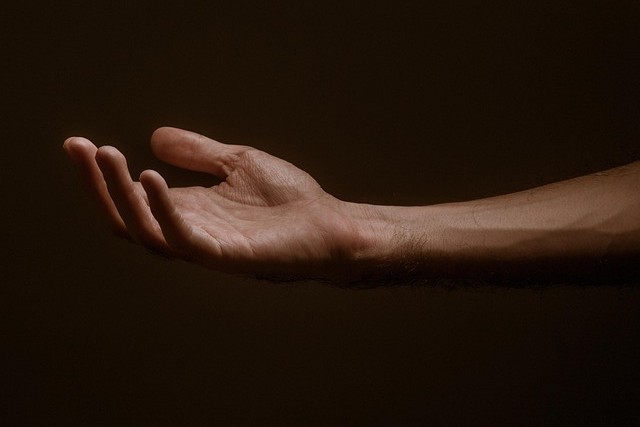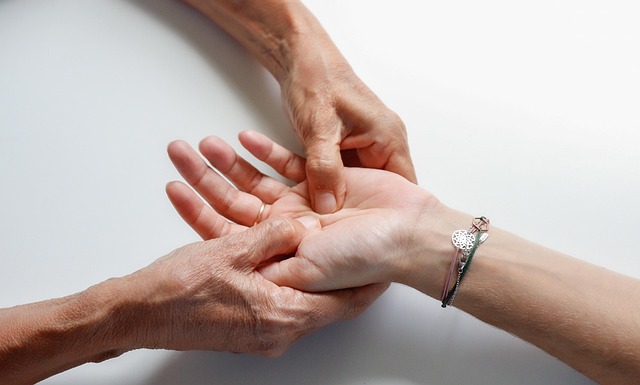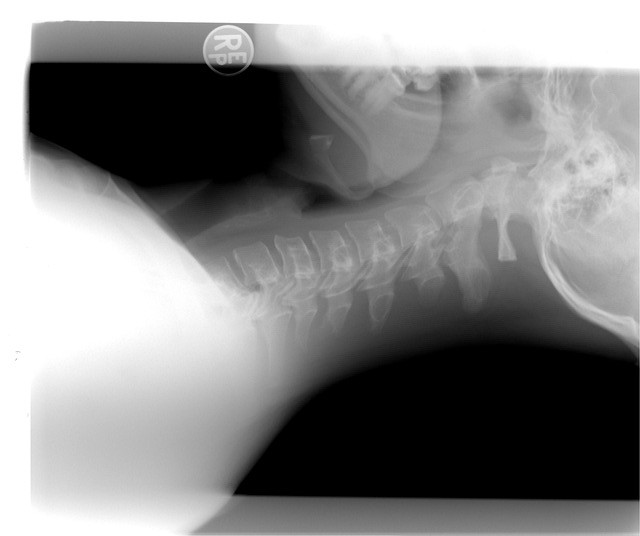In 2013, a study by Eun-Mi Jun, Young Hwa Roh, and Mi Ja Kim, the therapeutic potential of music and movement was explored in the context of stroke patient rehabilitation. This investigation aimed to assess the impact of music-movement therapy on both the physical and psychological well-being of individuals recovering from strokes, a subject with limited prior research.
Using a quasi-experimental design with pre- and post-tests, the researchers examined a convenient sample of stroke patients hospitalized within two weeks of their stroke onset. These patients were divided into two groups: an experimental group receiving music-movement therapy in their wheelchairs for 60 minutes, three times a week, over an 8-week period, and a control group receiving routine treatment only. The study assessed the effects of music-movement therapy by measuring various physical outcomes, including range of motion, muscle strength, and activities of daily living, as well as psychological outcomes like mood states and depression.
The results of the study were intriguing. The experimental group, which underwent music-movement therapy, demonstrated significant improvements in physical function, specifically in terms of increased shoulder flexion and elbow joint flexion. Additionally, these patients exhibited improved mood states compared to those in the control group who received standard care.
These findings underscore the efficacy of early rehabilitation for stroke patients, particularly when initiated within two weeks of the stroke event. The incorporation of music and movement therapy in the acute phase of stroke recovery can offer significant benefits, enhancing both physical and psychological well-being.
From a clinical perspective, this study emphasizes the importance of early intervention and the incorporation of music and movement therapies in the rehabilitation process for stroke patients. It highlights the potential for music-movement therapy to improve the physical and psychological states of individuals recovering from strokes, paving the way for more comprehensive and effective treatment strategies in stroke care.
Reference: Jun, E. M., Roh, Y. H., & Kim, M. J. (2013). The effect of music‐movement therapy on physical and psychological states of stroke patients. Journal of clinical nursing, 22(1-2), 22-31.



